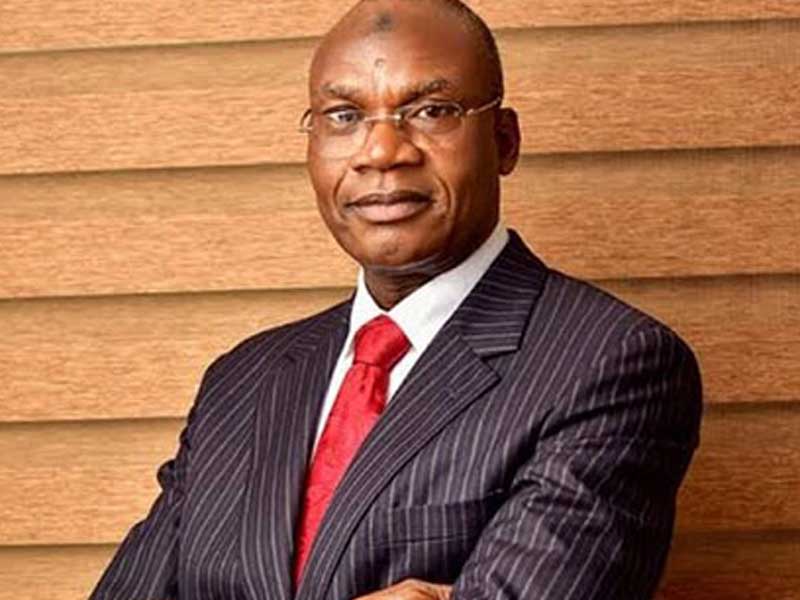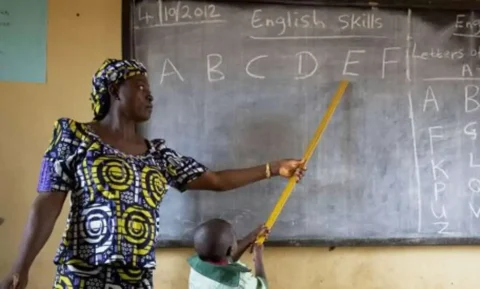Nigerian Education Minister Prof. Tahir Mamman has changed the minimum age for university admissions after getting feedback from stakeholders at a recent Joint Admissions and Matriculations Board (JAMB) meeting in Abuja. Initially, Minister Mamman wanted to raise the minimum admission age to 18 years. This idea aimed to match international standards and ensure students are mature enough for university challenges.
However, many stakeholders disagreed with this proposal during the meeting. The discussions were intense, with various opinions shared. JAMB Registrar Prof. Ishaq Oloyede had to step in to manage the situation. Stakeholders, including university administrators, education experts, and student representatives, worried that raising the admission age could prevent capable younger students from accessing higher education.
In response to these concerns, Minister Mamman announced a new policy. Starting in 2024, the minimum admission age will be 16 years. This decision is different from his initial proposal and aligns with the current practices of many Nigerian universities. The minister stressed the importance of following educational laws on study duration and using the Central Application Process (CAP) to ensure a fair and transparent admission process.
Some stakeholders see this change as a good compromise that balances the need for academic maturity with access to higher education. However, others still worry about its fairness and practicality. They argue that the policy change might not fully address issues of preparedness and education quality and call for more measures to help students transition from secondary to tertiary education.
This adjustment shows how complex it is to manage Nigeria’s education system and the importance of including everyone in decision-making. It highlights the need to consider different viewpoints to create fair and effective policies. As preparations for the 2024 admissions cycle continue, education officials and university administrators must plan the implementation of the new age requirement carefully to ensure a smooth transition.
This incident also sheds light on how policies are made in Nigeria’s education sector. It shows the balance between making decisions and including stakeholders’ opinions. Future educational reforms may benefit from a more collaborative approach, engaging all relevant parties to ensure well-informed, sustainable, and effective policies.
In summary, the adjustment to the minimum age requirement for university admissions in Nigeria is a significant development. It reflects ongoing efforts to improve the education system and calls for continued dialogue and cooperation among all stakeholders. The goal is to enhance the quality and accessibility of higher education for all Nigerian students.





